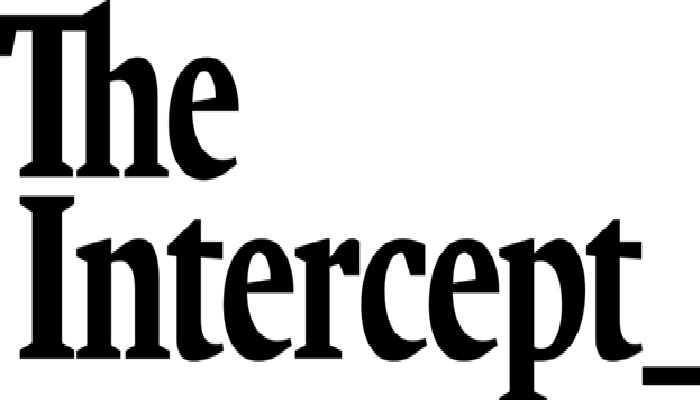
Afrasianet - The American website "The Intercept" points out that major countries recognize the state of Palestine but continue to arm Israel, which raises criticism of the existence of an "accountability gap" between political discourse and reality.
The Intercept reported that major Western countries, including the United Kingdom, Canada, Australia, France, and Luxembourg, recently joined the list of recognizing the state of Palestine, but on the other hand, they continue to export weapons to Israel despite accusations of genocide in Gaza.
The Palestinian recognition announced by these governments lacks credibility, as it contradicts the continued flow of Israeli military equipment.
It pointed out that the United Nations Human Rights Committee concluded, last week, that Israel committed genocide in the Gaza Strip, warning that failure to stop arming it is a clear collusion.
Britain continues to secretly arm Israel
In September 2024, London imposed a partial ban on some arms export licenses for fear of being used for human rights abuses, but the ban was limited to 30 out of 300 licenses.
Despite its pledge not to send F-35 spare parts directly, a report by rights groups showed that the UK continued to ship thousands of bombs, missiles, tanks and firearms components to Israel.
Ottawa announced in early 2024 that it would stop granting new licenses to arms companies, but exports continued through previous licenses worth more than $94 million.
Canadian explosives have also arrived in Israel in deals through the U.S. government. Another report revealed more than 400,000 F-35 bullets and parts shipped to Israel between October 2023 and July 2025.
France, Luxembourg and Australia
According to The Intercept, France delivered $10 million worth of military equipment in a year and a half, including bombs, torpedoes and rocket launchers.
Luxembourg, which recently recognized Palestine, said its exports to Israel were "purely defensive." Australia has denied sending weapons directly, but remains part of the supply chain of F-35 components used in the bombing of Gaza.
European countermeasures
In contrast, some European countries have taken tougher stances, with Spain and Belgium imposing a blanket ban on arms and equipment exports to Israel, while Norway has withdrawn investments from 11 Israeli companies linked to the fighter jet program.
Nancy Aqeel, executive director of the Center for International Policy, considered that "recognition of the state of Palestine will remain symbolic unless it is accompanied by a cessation of arms transfers," noting that this paradox exposes an "accountability gap" between the rhetoric of Western governments and their actual practices.
She also stressed that unconditional U.S. support for Israel is the biggest obstacle to any real recognition of a Palestinian state, considering that the ongoing popular protests in the West have begun to affect public opinion and increase Israel's isolation.
On September 23, several countries, led by France, officially recognized the State of Palestine during the launch of the international conference on the "two-state solution" at the United Nations in New York City.
